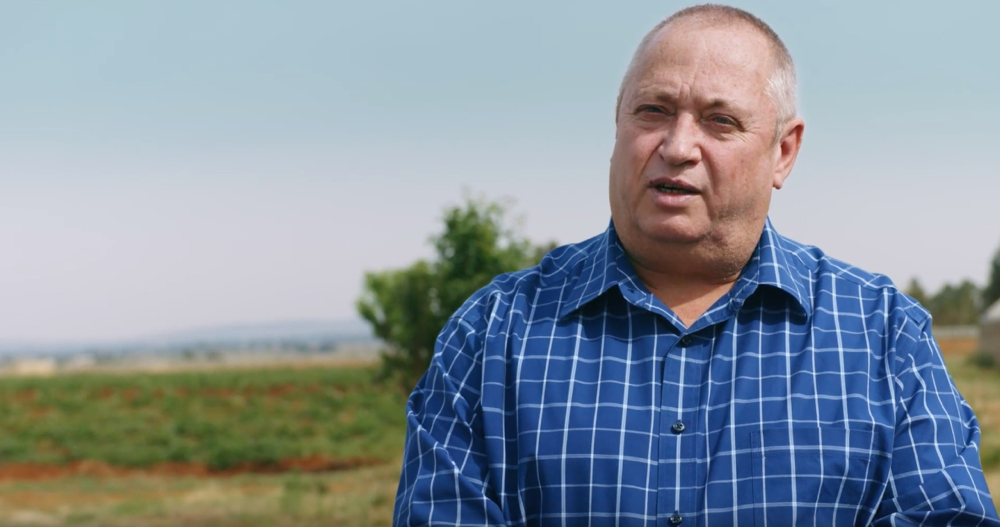Sibanye CEO pushes on with copper hunt after failed Zambian bid

Sibanye Stillwater chief executive Neal Froneman said the South African platinum mining giant is forging ahead with its search for copper assets in Africa, after it was elbowed out in the final bidding round for Zambia’s Mopani Copper Mines.
The Johannesburg-based precious metals producer is still looking for copper assets to buy across the African copperbelt, even as Sibanye and its South African rivals battle a profit-squeezing slump in palladium and rhodium prices, Froneman said.
A unit of United Arab Emirates’ International Holdings Company bought a 51% stake in Mopani, beating Sibanye and China’s Zijin Mining Group, which had also expressed interest.
“Copper still remains one of the best commodities to have exposure to so it remains a very important part of our portfolio,” Froneman told Reuters.
Sibanye, spun out of some of South Africa’s oldest gold mines in 2013, has become a diversified producer with platinum, nickel and lithium assets in Africa, Europe and the US.
“We continue to look for copper opportunities, but it’s not easy and the copper market has been overheated, but again it’s coming back slightly,” Froneman added.
Sibanye is trying to do deals in countries including Zambia and the Democratic Republic of Congo. It is also pursuing a lithium project in Finland and plans to help build a new lithium mine in the US.
Plunging prices have already forced a restructuring at Sibanye’s palladium operations in Montana and at home.
The profit squeeze requires financial discipline in conducting deals, but is not a deterrent, Froneman said, adding: “Any good asset can be financed one way or another, and not necessarily with debt”.
South Africa’s Impala Platinum and Exxaro Resources are also hunting for copper, cobalt, lithium and nickel assets in Africa as global miners scramble for new sources of supply for minerals needed to move away from fossil fuels.
Froneman said Western governments may need to do more to help companies gain control of critical metal assets in Africa, as they are unable to compete financially with state-backed Chinese firms.
They also need to help meet Africa’s infrastructure requirements, helping to level the playing field for their companies to be competitive, Froneman said.
Chinese-state backed MMG Ltd last year agreed a $1.9 billion deal to buy Botswana’s Khoemacau copper mine.
“They have to realize that if they want to become a preferred partner in Africa, they have to do a lot of what the Chinese have done in terms of building infrastructure and assisting companies to be more competitive,” Froneman said.
(By Felix Njini; Editing by Veronica Brown and Alexander Smith)
{{ commodity.name }}
{{ post.title }}
{{ post.date }}




Comments